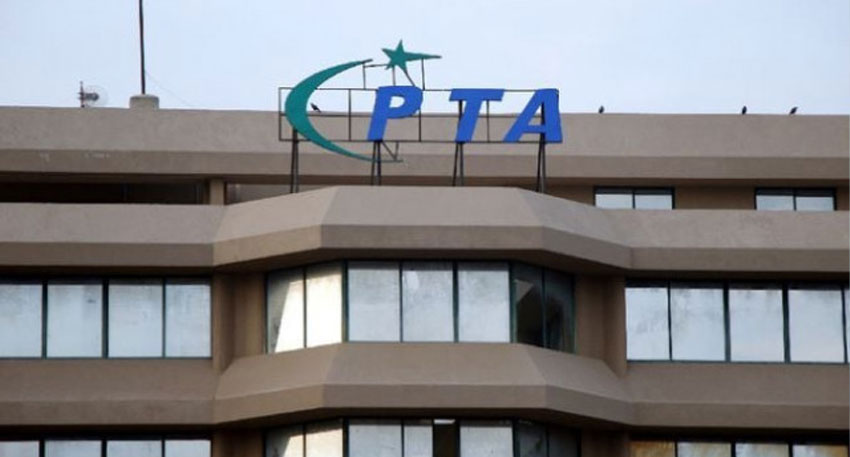
The Balochistani government has taken a significant step to improve public health by requiring pre-marriage thalassemia testing for all couples.
The goal of this proactive action is to lower the growing number of infants born with the potentially fatal inherited blood condition known as major thalassemia.
The most recent location in Pakistan to implement this crucial screening approach to address the disease s underlying causes is Balochistan, which reports a high number of thalassemia cases.
Understanding Thalassemia:
A genetic blood condition called thalassemia causes the body to produce insufficient amounts of healthy hemoglobin, which results in severe anemia.
It impacts the production of red blood cells in the body and is inherited from parents.
.jpg)
Regular blood transfusions and lifetime care are necessary for thalassemia major, the most severe kind.
· Two main categories exist:
- · Alpha-thalassemia
- · Beta thalassemia
In Pakistan, beta thalassemia is more prevalent.
If both parents carry thalassemia major, the child is at danger. 25% probability of the infant being born with the condition exists if this is the case.
Therefore, in order to stop future cases, knowledge and testing prior to marriage are crucial.
.jpg)
Prevalence in Balochistan:
One of the highest thalassemia rates in the nation is found in Balochistan. Lack of knowledge, poor literacy rates, and frequent consanguineous marriages, marriages between close relatives, have all contributed to the disease s growth in many rural areas.
.jpg)
According to a study conducted in Kech, Balochistan:
· Just 13.7% of parents were aware that thalassemia was inherited.
· Premarital screening was unknown to more than 91% of respondents.
· Over 60% of parents lacked literacy.
The provincial government was compelled to mandate testing due to this concerning knowledge gap and the growing number of impacted pupils.

The Role of Premarital Screening:
One effective method for managing hereditary conditions like thalassemia is premarital screening. The test helps detect carriers before they have children and is easy, inexpensive, and widely accessible.
Two carriers who are married are able to make well-informed choices on family planning, including choices like:
- · Prenatal diagnosis
- · Genetic screening combined with IVF
- · Risk awareness and counseling
National screening initiatives have already resulted in notable decreases in thalassemia births in nations like Saudi Arabia, Iran, and Cyprus.
.jpg)
Implementation Difficulties:
Despite potential advantages, there are a number of barriers to requiring premarital screening. The program s efficacy in Balochistan may be hampered by elements like cultural beliefs, illiteracy, and a lack of adequate healthcare facilities.
According to a survey, 62.6% of fathers and 63.2% of mothers were illiterate, which may make it more difficult for them to comprehend and accept the screening procedure.
The region also has a high rate of consanguineous marriages, which raises the risk of inherited conditions like thalassemia.
Check the survey here: https://pmc.ncbi.nlm.nih.gov/articles/PMC12007421
Who’s Leading the Awareness Campaign?
The Afzaal Memorial Thalassemia Foundation (AMTF) is one of the main groups promoting awareness across Pakistan, particularly Balochistan.
On International Thalassemia Day 2023, AMTF, under the direction of Dr. Asim Qidwai, joined forces with Art of Giving to initiate a massive awareness campaign.
The campaign s main objectives were:
- · Public education in communities and schools
- · Encouraging the donation of blood
- · Promoting premarital examinations
- · Including municipal and religious authorities in the message s dissemination.
Additionally, AMTF collaborates with other groups including:
- · Saylani Welfare Trust
- · Fatimid Foundation
- · Burhani Blood Bank
Together, they offer thousands of people nationwide screening, treatment assistance, and information.
Source: FHM Pakistan
Assistance for Patients and Their Families:
Families who already have thalassemia require medical, financial, and emotional assistance. The government and NGOs are collaborating to:
- · Enhance the services for blood transfusions
- · Give iron chelation treatment.
- · Provide support groups and therapy.
- · Conduct awareness campaigns in villages, hospitals, and schools.
Looking ahead:
Balochistan is making progress in ending the cycle of hereditary blood illnesses now that this strategy is in effect.
However, the following are essential to the success of this law:
- · Continued funding for screening centers and labs
- · Training healthcare workers on genetic counseling
- · Regular public awareness drives across schools, mosques, and local councils
- · Ongoing collaboration with NGOs and global health organization
Conclusion:
The decision by Balochistan to require pre-marriage thalassemia testing is a significant milestone in the fight against this avoidable but deadly illness.
There are still obstacles to overcome, but the government s proactive strategy, the work of charities like AMTF, and the broad backing of the community give hope that no kid will grow up with a genetic condition that can be prevented.
This law serves as a lifeline for future generations and is more than just a policy.




